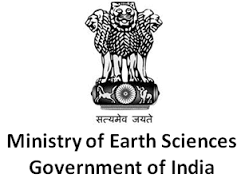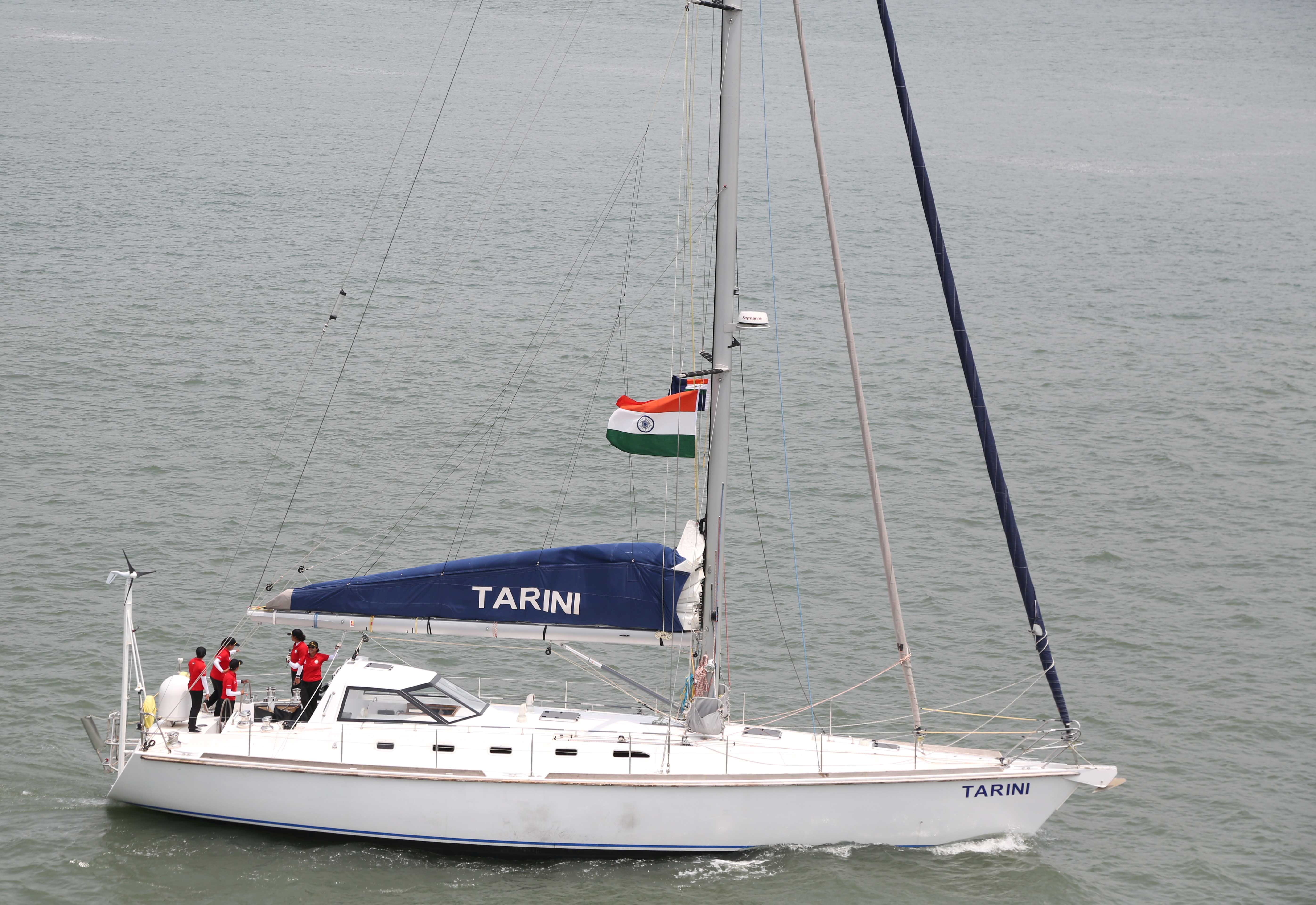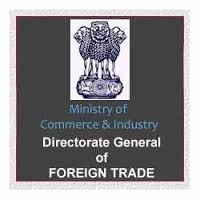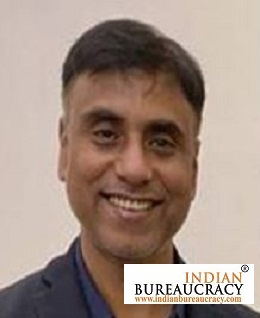In a demonstration of India’s commitment to sustainable ocean development, Dr. Jitendra Singh, Union Minister of State (Independent Charge) for Science and Technology and Earth Sciences, felicitated international trainees from six countries—Nigeria, Kenya, Sri Lanka, Tanzania, Ghana, and Jamaica—who successfully completed a specialized training program in ocean exploration. The event, held in collaboration with the International Seabed Authority (ISA), celebrated advanced training in seabed exploration and highlighted India’s leadership in environmental stewardship and international collaboration.
Addressing the gathering at the Ministry of Earth Sciences in New Delhi, Dr. Singh congratulated the trainees and emphasized India’s dedication to fostering a network of skilled professionals in marine conservation. He welcomed them as “ambassadors of a sustainable future,” urging them to use their expertise to champion environmental sustainability in their respective nations. The training program, focused on polymetallic nodules (PMN) and polymetallic sulphides (PMS) exploration, was part of India’s efforts to build global capacity in sustainable marine resource management.
Dr. Singh outlined India’s approach to seabed mining, rooted in four principles: sustainable utilization of minerals for the common good, marine environmental protection, development of seabed mineral regulations, and adherence to the United Nations Convention on the Law of the Sea (UNCLOS). As a signatory to UNCLOS since 1982, India has been a strong advocate for responsible seabed mining, holding two of the 31 ISA exploration contracts. These contracts cover PMN and PMS mining, with strict adherence to environmental impact assessments and protocols from exploration to post-extraction phases.
The Minister linked the training program to Prime Minister Narendra Modi’s “Blue Economy” initiative, which prioritizes the sustainable use of ocean resources for economic growth, job creation, and improved livelihoods. He stressed that India’s economic progress is inseparable from environmental conservation, positioning the nation as a global leader in sustainable ocean resource management.
The training program covered advanced exploration technologies, deep-sea mapping, remote-operated vehicles, mineral sample analysis, and environmental impact assessment. Dr. Singh encouraged the trainees to maintain connections with their Indian peers, promoting knowledge-sharing and collaboration. He emphasized that India’s role as a mentor in ISA programs underscores its dedication to empowering other nations in sustainably managing marine resources.
The event was attended by senior officials, scientists, and dignitaries from the Ministry of Earth Sciences. Dr. Singh invited the trainees to provide feedback to refine India’s international training programs further and acknowledged their potential to influence their countries’ approaches to seabed mining. He called the trainees “global messengers of ocean conservation,” emphasizing their role in shaping sustainable practices globally.
Dr. Jitendra Singh concluded by reaffirming India’s commitment to partnerships with ISA and other international organizations to safeguard marine environments for future generations. He expressed hope that India’s model of sustainable ocean exploration would inspire global adoption of similar frameworks, paving the way for enhanced international cooperation in marine science and environmental protection.





